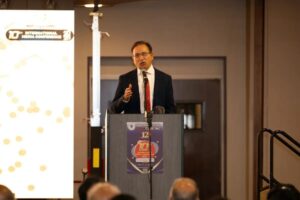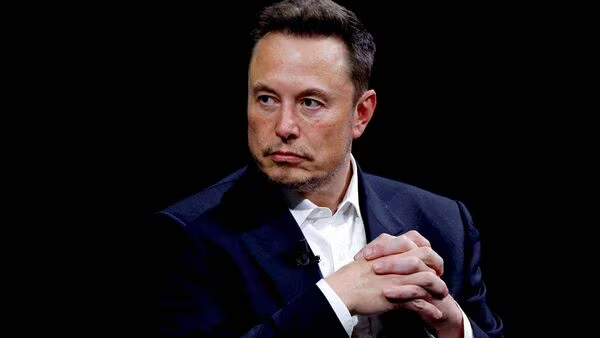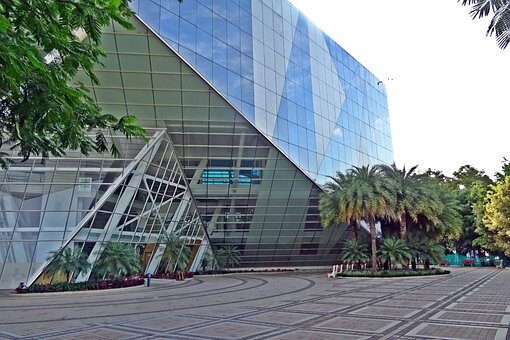Elon Musk has once again sparked conversation about the future of work, suggesting that advancements in artificial intelligence (AI) and robotics could make traditional employment optional. In a recent statement, Musk remarked that “AI and robots will replace all jobs,” envisioning a society where individuals are liberated from routine labor. He likened this shift to choosing to grow one’s own vegetables instead of purchasing them from a store, emphasizing the autonomy that such a future could offer.
Musk’s perspective aligns with his broader vision of a world where technology enhances human freedom. He believes that as machines take over repetitive tasks, people will have more time to engage in creative pursuits, spend quality time with loved ones, and focus on personal development. This transformation, according to Musk, could lead to a “universal high income,” where financial security is not tied to employment but rather to the abundance created by automation.
While Musk’s outlook is optimistic, it also raises questions about the societal implications of such a shift. The transition to an AI-driven economy would require careful consideration of ethical AI development, equitable distribution of wealth, and the preservation of human purpose and motivation. As AI continues to evolve, the conversation about its role in our lives and work is becoming increasingly pertinent.















